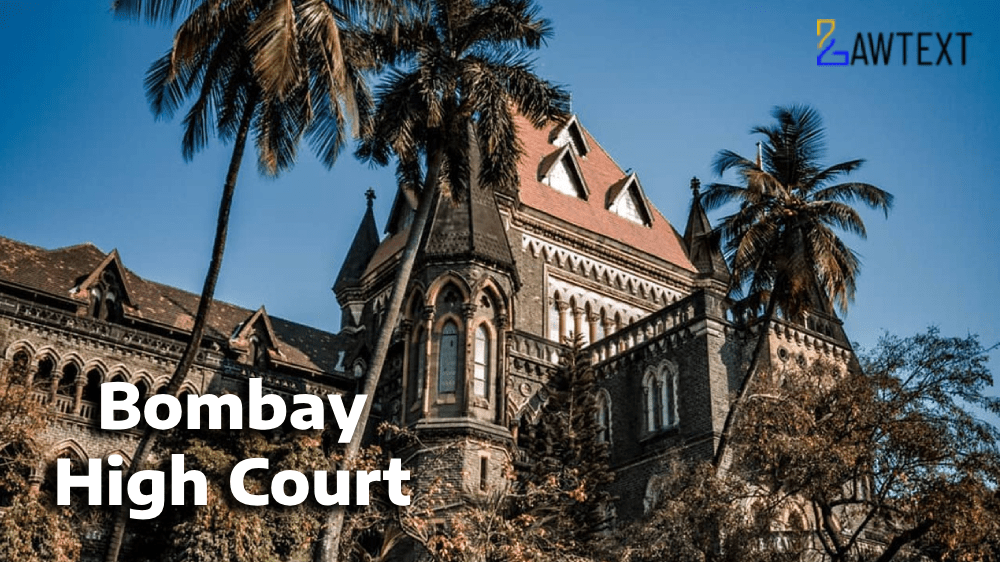

The Bombay High Court, Nagpur Bench, overturned the conviction of the appellant under Section 376(2)(f)(l) of the Indian Penal Code and Section 6 of the POCSO Act. The appellant was initially sentenced to 14 years of rigorous imprisonment by the trial court. The conviction was primarily based on the testimony of the victim and other circumstantial evidence.
However, during the appeal, it was revealed that the DNA analysis report, which was not available during the trial, did not match the accused. The High Court found that this DNA evidence, which came to light post-conviction, critically undermined the prosecution's case. The Court criticized the prosecution and investigative authorities for their failure to ensure that the DNA analysis was conducted and presented in a timely manner, leading to a miscarriage of justice.
The case underscores the critical role of forensic evidence in the judicial process and the potential for miscarriages of justice when such evidence is mishandled or delayed. The Bombay High Court's decision serves as a reminder of the importance of thorough and timely investigation in criminal cases.
Citation: 2024 LawText (BOM) (7) 233
Case Number: CRIMINAL APPEAL NO. 181 OF 2019
Date of Decision: 2024-07-23
Case Title: Bhaiyya S/o Vijay Chakre VERSUS State of Maharashtra Ors.
Before Judge: G. A. SANAP, J.
Advocate(s): Mr. R. M. Daga, Advocate with Mr. P. R. Agrawal, Advocate for the appellant. Mrs. M. R. Kavimandan, A. P. P. for respondent no.1/State. Ms. Mohini Sharma, A
Appellant: Bhaiyya S/o Vijay Chakre
Respondent: State of Maharashtra Ors.